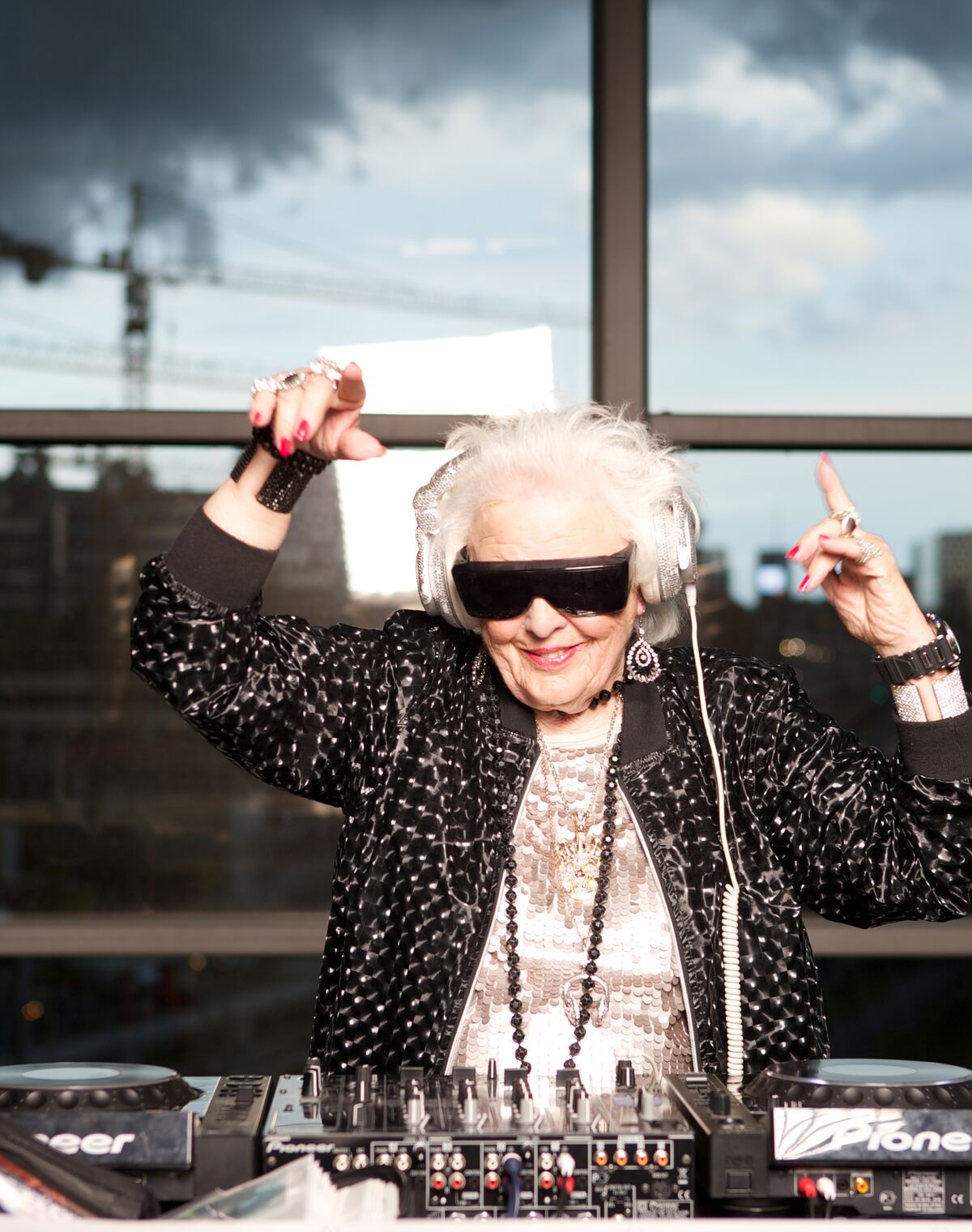 Ruth Flowers (Photo Credit: Age of Happiness)
Ruth Flowers (Photo Credit: Age of Happiness) Last summer I stumbled upon this great site called “The Age Of Happiness” when a friend shared a link on Facebook. The story was titled “Only After 60 My True Life Began.” It was about a woman named Bodhi Hanna Kistner, who took up a form of Japanese Zen archery at the age of 60, and despite not being a natural at it, she continued to persist and follow this passion, eventually becoming a teacher of the form and traveling the world to share her gifts.
I’ll share a few quotes from her that I particularly enjoyed:
“Only at sixty, when I quit my job and my children grew up, my life truly began.”
“Archery doesn’t exhaust me; on the contrary, it brings me energy. When I’m tired, I take my bow, straighten my back, open up, pull the bowstring, and feel how the energy returns to me.”
“I think it’s the skill of living in the present that I have mastered in the last 25 years. It is the key to enjoying your life in full.”
I just loved this story and decided to check out the site where I became overwhelmed by the number of beautiful, inspiring stories (and pictures) of not just ‘coping well’ but ‘thriving’ with age. From my cultural landscape here in the United States, which I know extends throughout many parts of the world, there’s such a distorted fixation on youth, along with a fear and denial of aging.
The Age of Happiness provides a refreshing contradiction to so much of the negative conditioning we get about aging. The tone and presentation is not only informative and impactful, but there’s something light and playful about it – something that really works for a topic such as this!
I felt inspired to share this work on HealthyPsych, as our mission here is about helping all people lead big, happy, liberated lives. So, I reached out to the founder, Vladimir Yakovlev who (along with the kind help of his wife/associate, Yulia Yakovlev Vainer), so graciously agreed to take time out of his busy schedule to grant me an interview, outlined below!
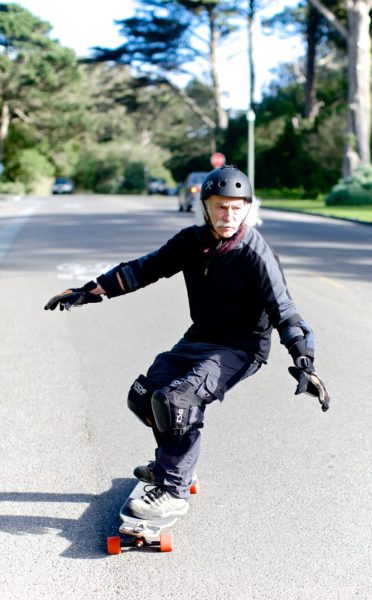
Kim Pratt (K): What was your inspiration for the Age of Happiness project?
Vladimir Yakovlev (V): About six years I turned 50. I grew up in Russia, a society where the general understanding is that life after 50 is nonexistent. For me, this was a personal interest, a question of how I could influence my own life for the next 5, 10, 20 years. I wanted to explore what I could do to impact the next stage of my life. The Age of Happiness project grew out of this question – a quest that took me around the world in search of people between the ages of 70-100 who are still living happy, healthy, full lives.
I spent almost three years traveling the world and looking for these kinds of people. I ended up writing a book entitled “The Age Of Happiness,” and it contains the stories of the amazing people I met. These people weren’t living in monasteries, caves, or up in the mountains away from society; most of them were seemingly ordinary people – the kind that live next-door. For example; there’s one man who started taking ballet classes at age 79, and now at 90 he’s a professional ballet dancer. There’s a woman who does industrial climbing at 100 years-old. Another example is this amazing woman who decided to start her artistic career in Hollywood at the age of 65 and became quite successful. Before her career change and subsequent move to Los Angeles, she was a nurse in London. There are all sorts of incredible people with happy and prosperous lives at age 70, 80, even over 90 years-old!
That was the beginning of the Age of Happiness project. Now it’s evolved into something else, something different. In the last 50 years there has been an enormous increase in life expectancy. Depending on where you live, this jump is unprecedented. However, the consequence of this longevity is not only that we live longer, but that the definition of ‘old age’ is changing. For my parents’ generation, ‘old age’ began around 50 years. The slow degradation would start at 40.
In fact, I found an author from San Francisco who completed a book similar to “The Age of Happiness” 25 years ago. It’s full of stories about amazing people in their old age doing all sorts of crazy things like horseback-riding, juggling, climbing, and a multitude of different sports. The book was very popular. In this man’s book his ‘old’ people were primarily in their 40’s, the older ones in their 50’s. At the time this was remarkable. Now old age doesn’t start until 75 or so. This is how much our perception of age has changed in such a short amount of time.
K: Here in the United States the idea of when you’re ‘old’ is being pushed back, but there are still a lot of forces that stand to benefit from this outdated way of thinking about aging. For example, you see advertisements all the time for things like ‘Senior Housing’ that starts at age 55. Or, messaging about retirement plans targeting a younger and younger population. It’s obviously good to plan for retirement, but the constant inundation on this topic sends a confusing message that in some ways emphasizes the ‘retiring’ part more than the ‘living’ part of life.
V: That’s an interesting point. Our generation is the one that lives the extended lifespan. That means that we have no idea how to live after 50. All of our understandings of life, our strategies and its stages, are based on books, movies and what our parents told us. In all these scenarios there is no life after 50. What happens is people reach this age and they get stuck; on the one hand they cannot live the way they lived before, and on the other hand they have absolutely no idea what to do with their lives next. This is the point where the instructions from our parents end.
And, this is where the Age of Happiness project steps in – it’s all about life after 50 and what you can do now that you’re not actually getting old. This is what our website, books, and the ‘Well Over Fifty’ festival in Montenegro are all about. With this substantial increase in the average lifespan, we’re looking at a new stage of life which did not exist before. Before, 50 was the beginning of ‘old age,’ now it’s the beginning of something entirely new.
To me, the most interesting part is that we’re taught there are three stages of development for a person: childhood, youth, and adulthood. All we understand about the adult life stage is that it’s the top level of personal development. However, now there is an emerging stage taking place in the upper 25 years of an individual’s life. Therefore, we cannot continue to live the same way between the ages of 25 and 40; instead, we have to keep changing, developing, and growing.
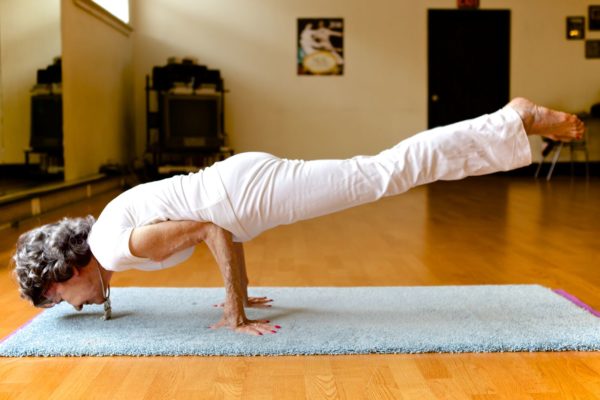
K: I think that’s such a healthy model. I hear what you’re saying about how longevity is changing, but I think that even 30 to 50 years ago years ago there was more complex development over the adult span. People may see it as one block of time but really it’s comprised of several different stages. I think it’s important to see it as a period of continued growth and development instead of a long, slow decrease in life quality as our cultural conditioning suggests.
V: For me, it’s not just confronting the image of a decreasing quality of life, it’s an examination of those futile attempts to repeat oneself based on the preconceived notions of our cultural conditioning. When you’re over 50 a lot of people try to “stay young,” to do things the way they did before, to follow the same goals, to try and live with the same values all based upon our worship of youth. Confronting this notion is the basis of the project; after 50 is a new stage of life which needs to be explored and defined.
K: The need for a redefinition of the adult life stage makes me think of Erik Erikson’s psychosocial theory of development, originated in the late 1950’s. His last stage of development, Late Adult (which he loosely defined as age 65 until death) suggests that older adults spend this time in reflection of their lives. People look back with either a feeling of integrity if they think their life was well spent, or with despair if they instead reflect upon their failures. In this way, they may fear death as they attempt to find purpose and wonder if their life has been meaningful. The previous life stage, Middle-Aged Adult (ages 40-64), rests on the concept of generativity versus self-absorption or stagnation where people are searching for a way to continue to contribute to society, find purpose, and develop a legacy. I appreciate the piece you shared about how people can get stuck trying to repeat the stages.
What I hear you saying is there’s a new milestone, or developmental stage to address now that people are living longer lives. Your vision is to help people live bigger lives as they age – lives that are happy, meaningful and full. On your site, you encourage people to share their experiences in order to educate and inspire one another. Can you talk about the process of soliciting people’s stories and what some of the ultimate goals for the project are?
V: Until last year the project was mostly in Russian, now we’re translating it into English. Also, the biggest part of what we do right now is the development of our festival called The Age of Happiness. This will be an annual celebration of life after 50 complete with drinking, dancing, and partying! More importantly, the gathering will also serve as a place where people come to exchange their knowledge of how to live after 50. We are the first generation to live through this increase in lifespan and so we must rely on one another in our search for meaning. It’s about health, it’s about physical training, and it’s about the way you develop during this time in your life.
Last year 150 people participated in the festival in Montenegro. This year we are expecting about 500 people. There will be lots of lectures, training sessions, coaches, and people who have achieved something after 50 and want to share their knowledge with us. We think this festival is very important because at the moment there is no place you can go to learn how to live after age 50. There is no place where people living a full life with continued development, living past this milestone, can meet and convey their experiences to their peers. This event is the main goal of The Age of Happiness project, and this year it’s going to be huge, much bigger than last year, and you’re welcome to come!
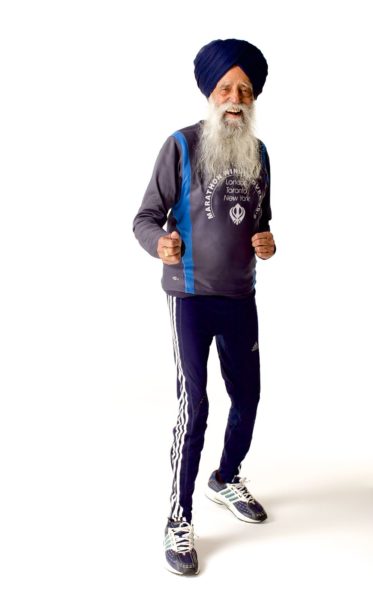
K: That’s something to consider! I’m in my 40’s now and I’ve certainly noticed the changes in how I feel and view life as I approach this next stage you’re talking about.
V: We have a special group for youngsters :-).
K: Yes, a group for youngsters? That’s great.
With your project, have you found that there are particular habits, mindsets, or circumstances that seem to make it easier for people to thrive, grow and not get stuck?
V: Yes, of course I did. I’ve created a special course built around this topic. I’m not sure if I’m ready to go into this because it’s sort of a long conversation. But you are very welcome to come to the festival and hear people talking about this.
K: Excellent. On a related note, I’m always interested in how things manifest across cultures. I’m curious if you found, for example, that people in one part of the world thrive more than others?
V: That was my biggest surprise from the two years of traveling. Cross-culturally it does not appear to depend on where these thriving 70-100 year-olds live; it does not depend on their upbringing; it does not depend on finances; ultimately, it comes down to a certain way of handling life.
Overall, I’d attribute these individual’s success to a mindset rather than geographical or cultural differences. It seems that these people would separately find these patterns and this perception of life would work for them.
K: Good to hear it’s something universal in the human condition.
V: Absolutely. In a way it’s shocking because they all share a lifestyle that includes a healthy diet and exercise, but also a similar approach to life in general.
K: It reminds me of one of the quotes from Bodhi Hanna Kisner where she said, “I think it’s the skill of living in the present I’ve mastered in the last 25 years; it’s the key to enjoying your life in full.” I imagine that’s a big part of it – people being really present instead of thinking that life is coming to an end at 70. They think maybe they have 30 more years of life.
V: Maybe, but the strange thing is that all these people live in different countries and so they cannot compare themselves to others who live the way they do. Sometimes they realize this and sometimes they don’t. As far as a similar mindset, in my opinion, it’s not so much the behavior of being in the now, it’s more about acceptance. It’s more about not creating any sort of alternative scenarios of life on a daily level.
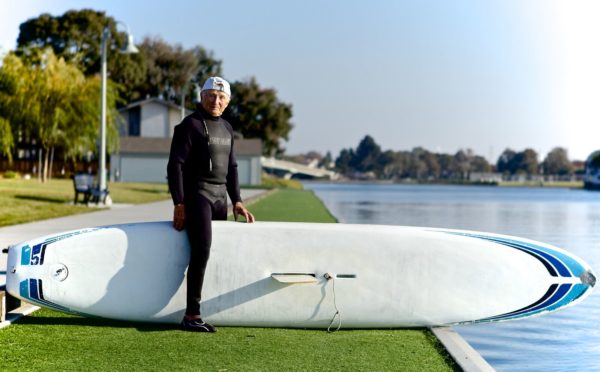
K: When I think of “presence”, or “mindfulness” in the context of buddhist philosophy, I see “acceptance” as an integral part.
V: Yes, that’s part of it. I don’t know if presence or acceptance would be the same thing or if there’s a difference between those two. What I saw in meeting these people is that they take whatever they have in their lives and avoid creating any alternate scenarios in their heads. Instead, they try to enjoy their lives to whatever level is possible and they don’t get frustrated when it’s difficult to achieve their goals.
K: Absolutely, I can relate to that. I was a competitive athlete for many years. You may have heard the saying “athletes die twice,’ so there’s that piece of accepting when you can’t run as fast as you used to. I eventually learned that it doesn’t mean it’s a lesser experience, it just means the experience is going to be different. And, there can actually be new, unanticipated positives that come out of these changes. I don’t know if you play sports, but the style of play can actually change in an interesting way when you don’t have as much power, for example.
V: Absolutely, yes.
K: Is there anything else you wanted to share before we end? I know you started out saying this is a very personal project and I imagine you feel changed by this work?
V: I’m living the best part of my life. Thank you.
K: That’s great and fitting! Thank you, Vladimir, for sharing.
Note: this interview of Vladimir Yakovlev, Founder of The Age of Happiness Project, was conducted in July 2016 and produced by Kim Pratt, with assistance from Elana Baumann-Carbrey.

Leave a reply
You must be logged in to post a comment.